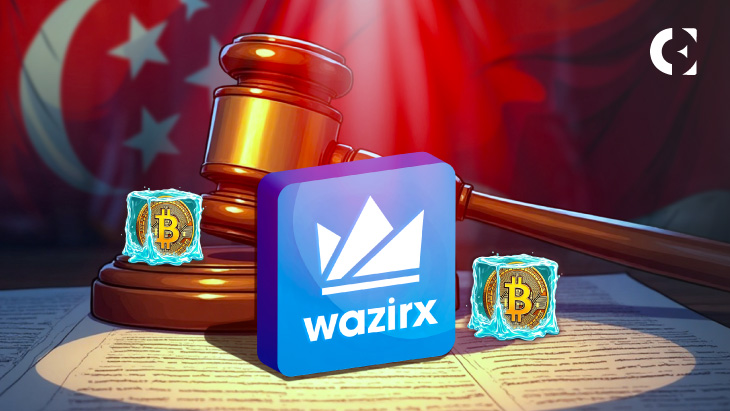- WazirX users sue Zettai for freezing unhacked crypto held in trust.
- Alleged hack disputed as token transfers used internal multisig wallets.
- Singapore court rejected Zettai’s initial plan over offshore entity ties.
A legal battle with significant ramifications for the crypto industry has reached Singapore’s High Court, where WazirX users are suing the exchange’s local entity, Zettai, for access to millions of dollars in frozen funds.
The case presents a critical test for the legal status of customer assets on a crypto exchange. Users are also directly challenging the company’s claim of an external “hack,” presenting on-chain evidence that suggests the funds were moved internally.
The Central Question: Are User Funds Company Property?
The core of the dispute lies in Zettai’s decision to group all user assets, including unhacked Bitcoin, XRP, and fiat balances, into a collective pool with the allegedly hacked tokens for a corporate restructuring.
The plaintiffs, represented by user advocate Romy Johnson, argue this is illegal. In a 40-page court submission, they assert that under Singaporean law, only corporate debts can be restructured. They contend that their crypto holdings are client assets held in trust and are not the property of Zettai, and therefore cannot be co-mingled with the company’s financial troubles.
Questions Raised Over Legitimacy of Reported Hack
Adding a serious complication to Zettai’s case, users are questioning the legitimacy of the “hack” itself.
Blockchain records show the affected tokens were moved using internal multi-signature wallets, a process that requires authorization from multiple individuals within the company. To date, no evidence has been provided to confirm an external security breach.
Related: WazirX Victims Demand Action as Frustration With Indian Authorities Boils Over
This has prompted users to call for transparency over the identities of those who approved the transfers. They have also requested an independent audit to determine the destination of the transferred assets and assess internal accountability.
Earlier Scheme Rejected Over Offshore Entity Links
The High Court previously dismissed Zettai’s initial restructuring plan after discovering it included undisclosed connections to an offshore shell company. Romy Johnson’s statement references legal precedents that clarify user-held crypto assets remain protected, even during bankruptcy proceedings, if held in trust.
Related: WazirX Moves Closer to Restructuring With Singapore Court’s Latest Approval
While Zettai has stated that user funds will be repaid under a revised restructuring proposal, users remain unsure of the process. The upcoming court hearing will determine whether Zettai’s revised plan meets legal standards regarding trust-held digital assets. Until then, affected users continue to seek restitution through formal legal channels.
Disclaimer: The information presented in this article is for informational and educational purposes only. The article does not constitute financial advice or advice of any kind. Coin Edition is not responsible for any losses incurred as a result of the utilization of content, products, or services mentioned. Readers are advised to exercise caution before taking any action related to the company.







